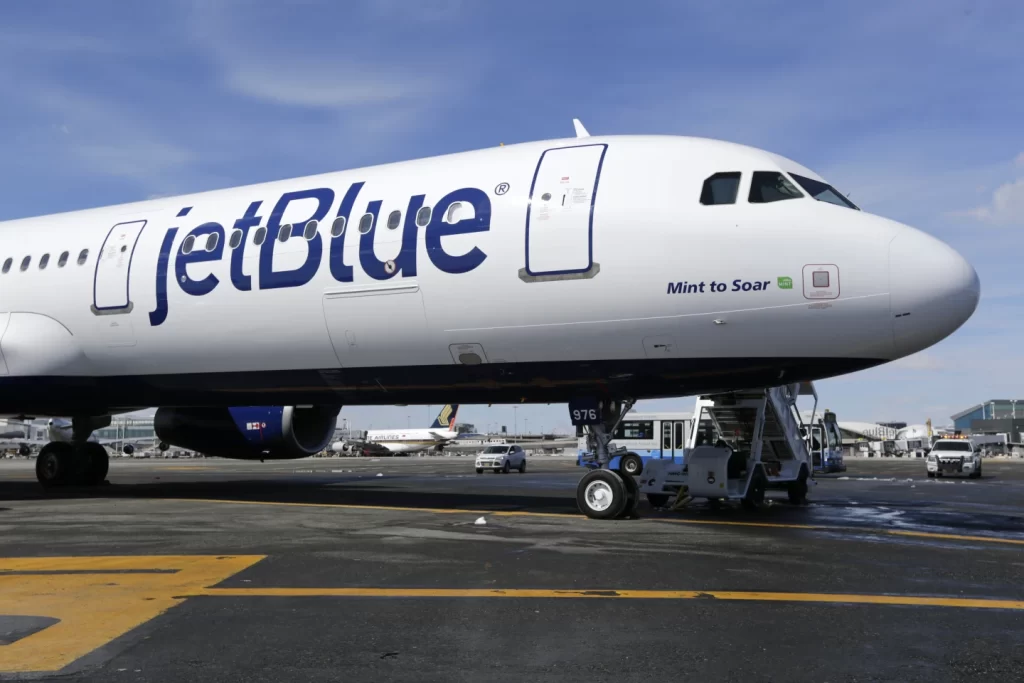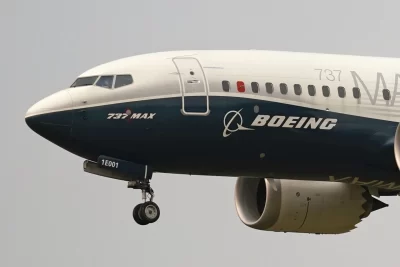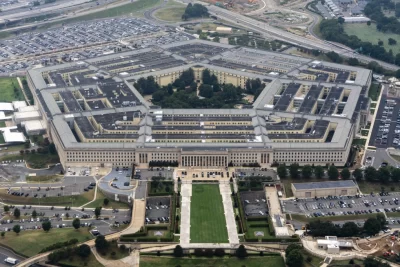
DALLAS — A federal judge on Tuesday sided with the Biden administration and blocked JetBlue Airways from buying Spirit Airlines, saying the $3.8 billion deal would reduce competition.
The Justice Department had sued to block the merger, saying it would drive up fares by eliminating Spirit, the nation’s biggest low-cost airline.
U.S. District Judge William Young, who presided over a non-jury trial last year, said Tuesday that the government had proven that the merger “would substantially lessen competition” and violated a century-old antitrust law.
“Spirit is a small airline. But there are those who love it,” he wrote. “To those dedicated customers of Spirit, this one’s for you.”
Shares of Spirit Airlines Inc. plunged 47% after the ruling, while JetBlue shares gained 5%.
New York-based JetBlue had argued that it needs the deal to grow in one move and better compete against bigger rivals that dominate the U.S. air-travel market.
“We continue to believe that our combination is the best opportunity to increase much needed competition and choice by bringing low fares and great service to more customers in more markets,” the airlines said in a statement.
The ruling was a victory for the Biden administration, which has moved aggressively to block consolidation in several industries.
“Capitalism without competition isn’t capitalism — it’s exploitation,” President Joe Biden said on X, formerly known as Twitter. “Today’s ruling is a victory for consumers everywhere who want lower prices and more choices. My Administration will continue to fight to protect consumers and enforce our antitrust laws.”
JetBlue, the nation’s sixth-largest airline by revenue, now must come up with another growth plan. That will be an assignment for incoming CEO Joanna Geraghty. Next month she will replace Robin Hayes, who had engineered both of the deals that have now been blocked in court.
Tuesday’s ruling could open the door for Frontier Airlines to make another attempt to buy Spirit. The two budget airlines announced a cash-and-stock deal in 2022, only to have JetBlue make an all-cash offer and win a bidding war for Florida-based Spirit.
Spirit’s CEO and board initially opposed a sale to JetBlue, arguing presciently that regulators would try to block a deal that would eliminate a low-cost carrier from the U.S. landscape — JetBlue planned to repaint Spirit’s planes and remove some seats to match JetBlue’s roomier interior.
Helane Becker, an airline analyst for the financial-services firm Cowen, said Spirit will likely now search for a new buyer, but it’s more likely to file for Chapter 11 bankruptcy restructuring.
Both JetBlue and Spirit have struggled to recover from the pandemic while their bigger rivals have returned to healthy profitability. JetBlue has lost more than $2 billion since the start of 2020, and Spirit — weighed down by higher costs and weaker demand — has lost more than $1.6 billion in that time.
That generated some sympathy for a merger between them — and criticism of the judge’s ruling.







